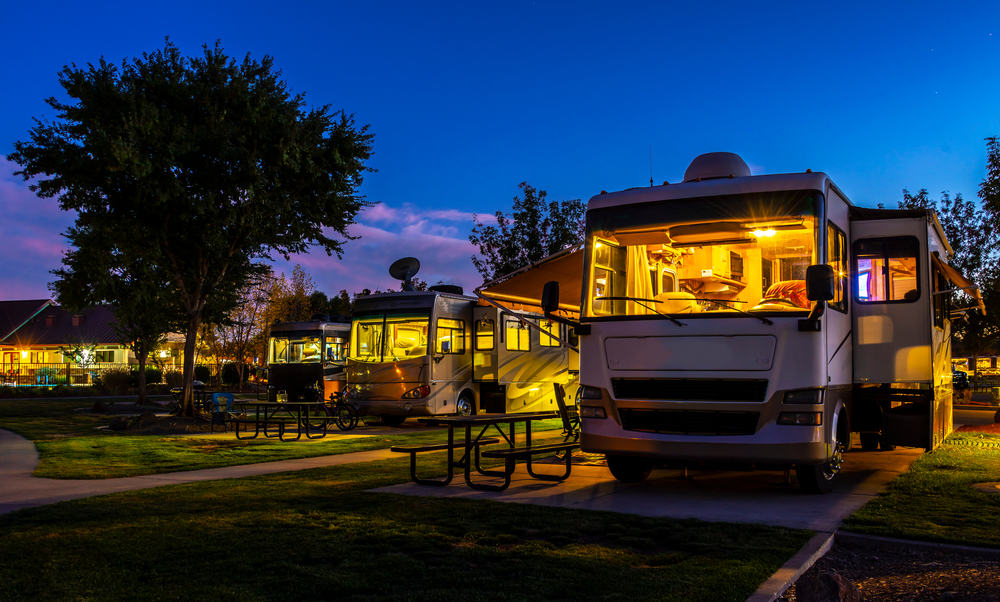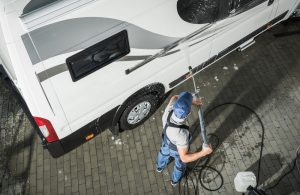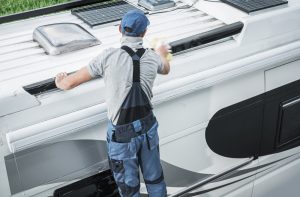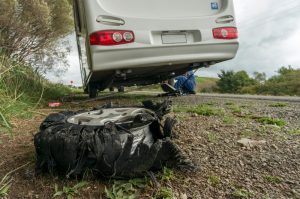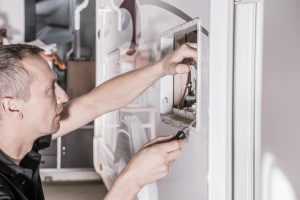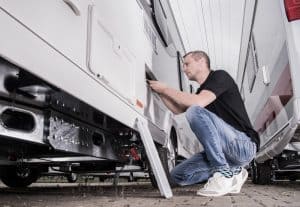Preventive Measures and Maintenance Tips for a Cool and Efficient RV Engine
Understanding the Causes of RV Engine Overheating
RV engine overheating can be caused by various factors including low coolant levels, a malfunctioning thermostat, a clogged radiator, or damaged water pumps. By understanding the root causes, you can take proactive steps to prevent overheating and maintain your RV’s optimal performance.
Regularly Check and Top Up Your Coolant
The coolant plays a crucial role in managing engine temperature. Regularly check the coolant levels and ensure it is topped up to the recommended level. Never attempt to open the coolant cap when the engine is hot as it is under high pressure and could cause injury. Use a coolant tester to check the coolant’s effectiveness; replace it if it’s ineffective.
Keeping a Close Eye on Your Thermostat for Efficient Temperature Regulation
Overheating can be caused by a malfunctioning thermostat. By monitoring the temperature gauge, you can verify that your thermostat is functioning properly. When the temperature rises abnormally quickly, there may be a problem with the thermostat. In such cases, a professional inspection is advisable.

The Need for Regular Cleaning and Maintenance of Your RV's Radiator
A clogged radiator impedes the cooling process, leading to overheating. Regularly clean your radiator to remove debris that might obstruct airflow. Additionally, if the coolant appears rusty or contains solid particles, a radiator flush might be needed.
Inspecting Your Water Pump: An Essential Step in Preventing RV Engine Overheating
Coolant is circulated through the engine by the water pump. Overheating can occur if it is damaged or malfunctioning, and it can result in the engine overheating. Symptoms of a faulty water pump are leakage of coolant from the pump area, whining from the pump area, and an overheated engine, which are all signs of a failing water pump. Regular inspection and maintenance can help prevent these issues.
How Overloading Your RV can Lead to Engine Overheating and How to Prevent It
Overloading your RV puts additional stress on the engine, increasing the chance of overheating. Always stick to your RV’s recommended weight limit, and distribute the weight evenly. Consider the weight of passengers, fuel, and cargo when planning your trip.
Regular Servicing: A Proactive Approach to Maintaining an Efficient and Cool RV Engine
Regular maintenance is one of the keys to ensuring that an RV engine runs efficiently and lasts for a long time. As a result, a professional mechanic will be able to detect and address potential issues before they become more serious. They’ll inspect components such as the fan, belts, hoses, and thermostat to ensure everything is functioning properly. Keep a regular service schedule to avoid overheating and other potential engine problems.
At Stream RV, we are committed to helping you enjoy a seamless RV experience. Use these tips to keep your RV engine cool and efficient, and remember, if in doubt, seek professional help.

